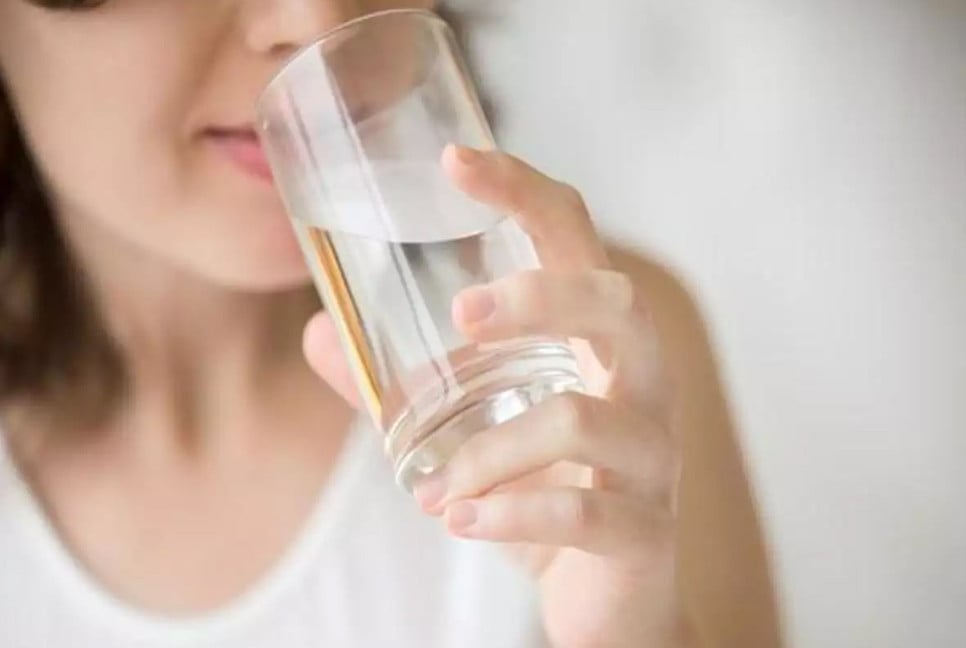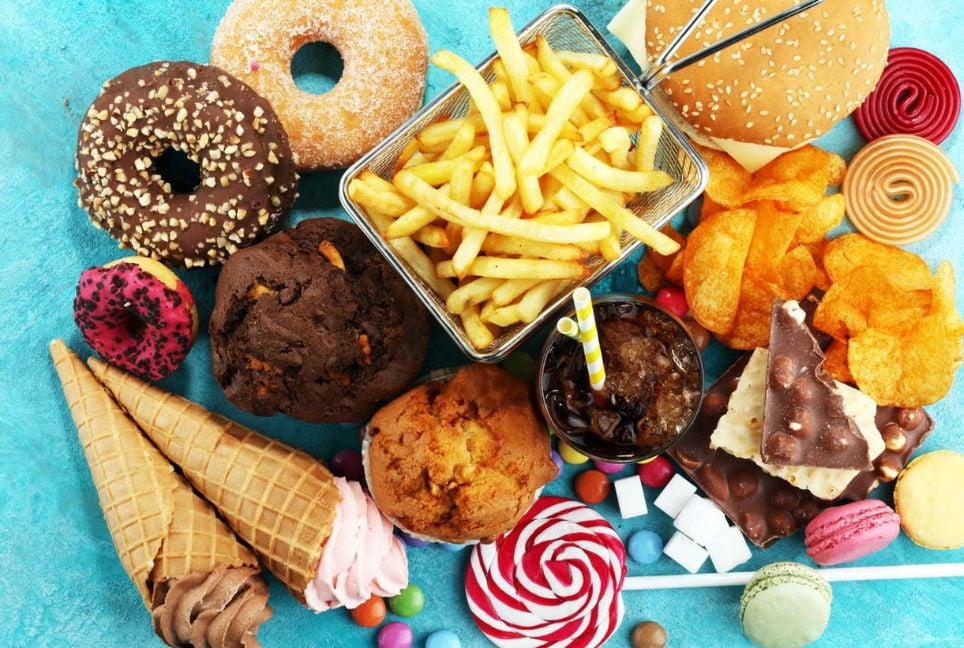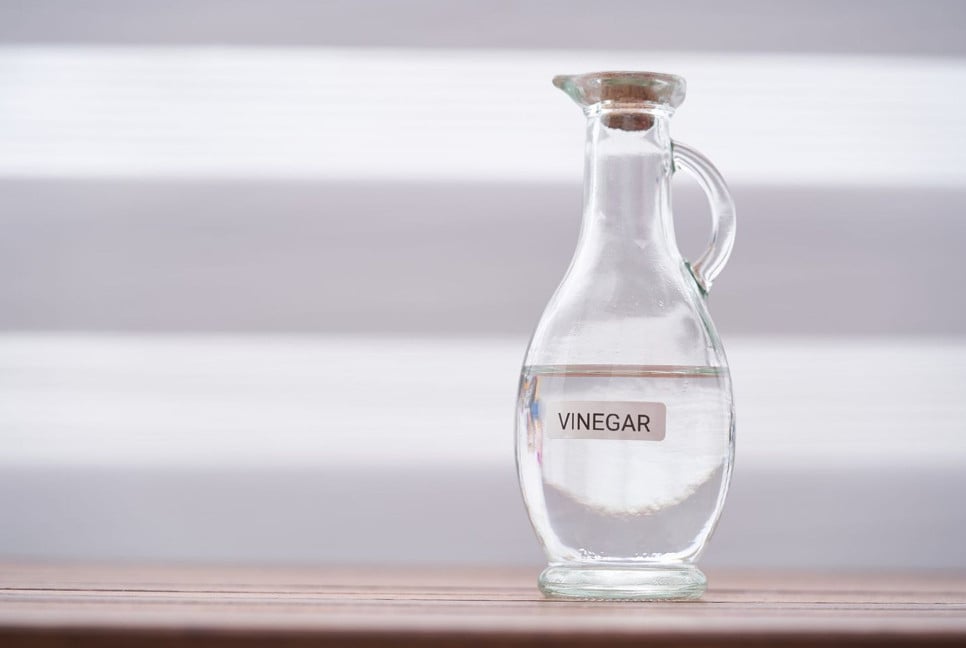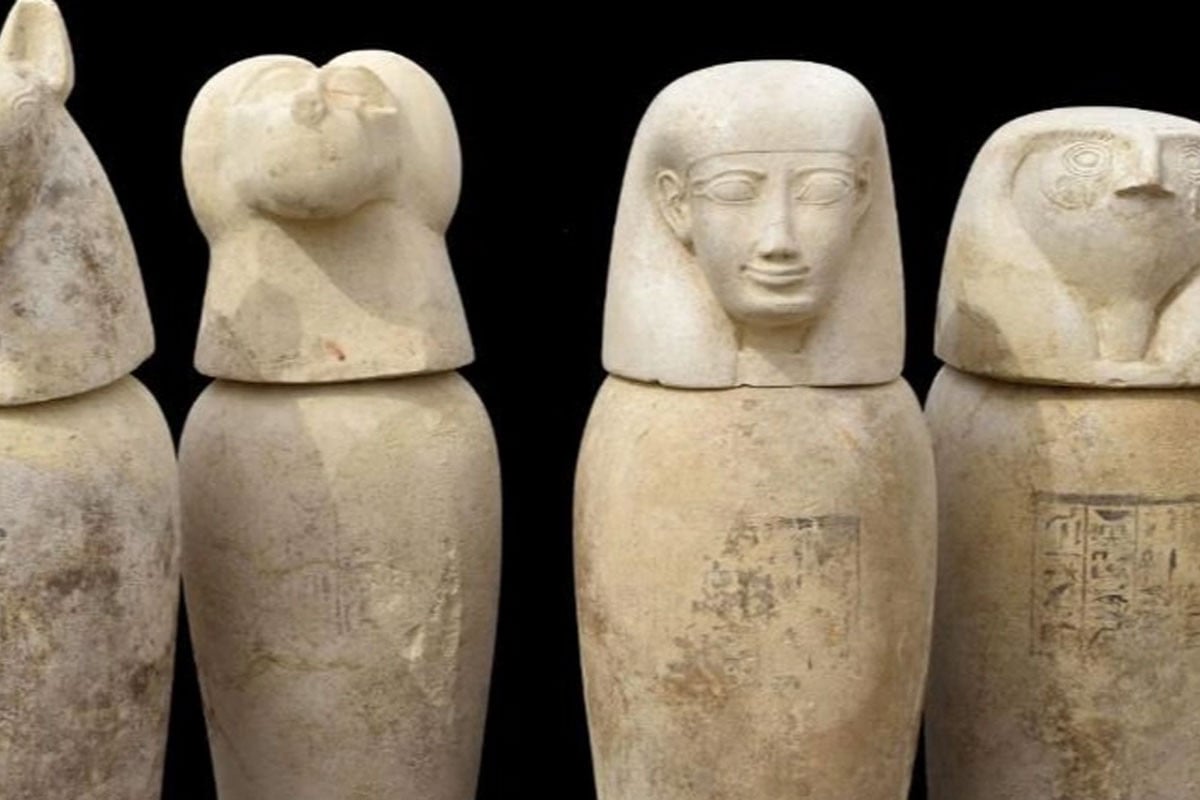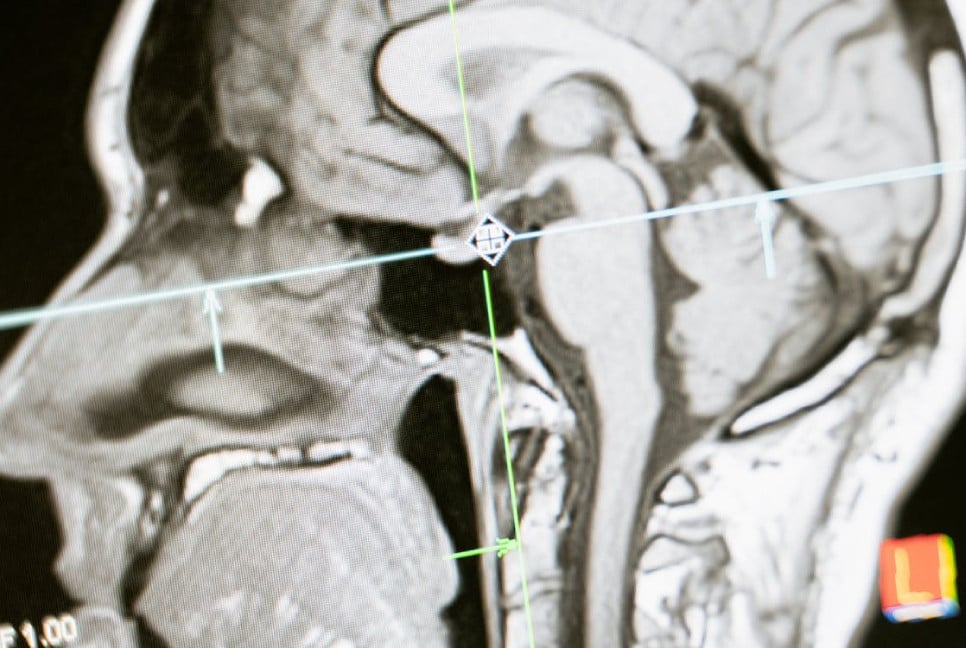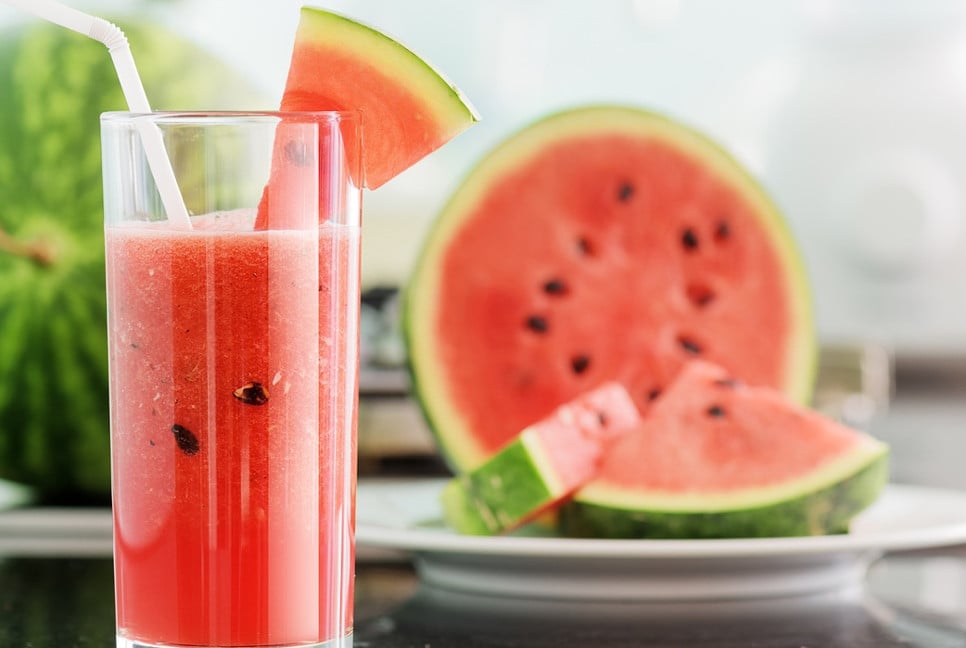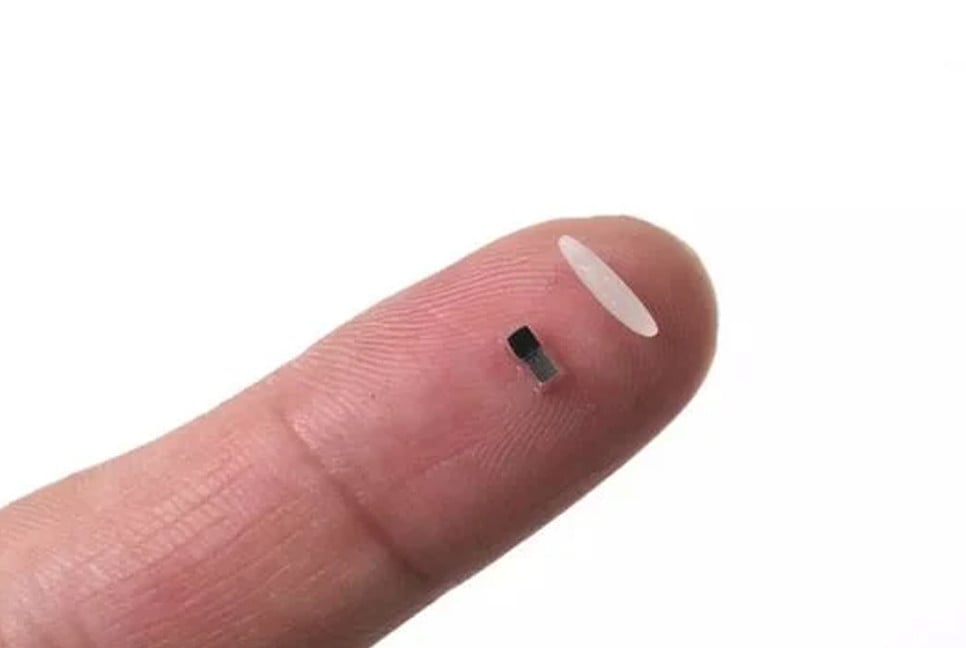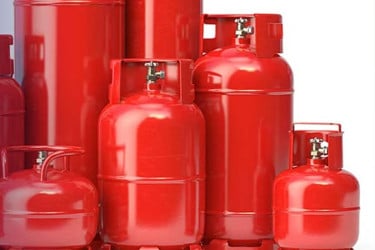Experts warn that our obsession with drinking water might lead to overhydration, despite the widespread belief that it’s key to good health. In the past, people drank far less water, and in the 19th century, it was seen as a luxury.
The "8x8 rule" recommends drinking eight 240ml glasses of water daily, but it’s not scientifically backed, and UK and EU guidelines don’t support it.
In 1945 the US Food and Nutrition Board of the National Research Council advised adults to consume one millilitre of liquid for every recommended calorie of food, which equates to two litres for women on a 2,000-calorie diet and two-and-a-half for men eating 2,500 calories. Not just water, that included most types of drinks – as well as fruits and vegetables, which can contain up to 98% water.
How much water do we need?
The belief that we need to stay constantly hydrated often leads people to carry water with them and drink more than necessary. Experts, including Hugh Montgomery, note that even in extreme conditions, such as the desert, a person would only sweat up to two litres per hour.
As we age, our thirst mechanism weakens, making dehydration more common in older adults, according to Brenda Davy. The NHS recommends six to eight glasses of fluids daily, including drinks like tea and coffee. Fluid needs vary by age, size, gender, and activity level, and recent studies suggest we need 1.5 to 1.8 litres of water daily, not the common two litres. Factors such as environment, physical activity, and energy expenditure influence hydration needs.
Experts agree that listening to our body’s thirst signals is more important than adhering to arbitrary guidelines. The only health benefit of drinking more than you need, it seems, will be the extra calories you expend by running to the loo more often.
The science of hydration
Water is essential for our bodies, making up about two-thirds of our body weight. It helps transport nutrients and waste, regulates temperature, lubricates joints, and supports many chemical reactions.
We constantly lose water through sweat, urination, and breathing, so maintaining proper hydration is vital to avoid dehydration. Symptoms of dehydration appear when we lose 1-2% of our body’s water, and can worsen until we replenish fluids. In extreme cases, dehydration can be fatal.
The widespread belief in the "8x8 rule" has led many to think thirst means severe dehydration, but experts agree that our bodies’ natural signals are sufficient.
According to Irwin Rosenburg, hydration control is a sophisticated process evolved over time, with the brain detecting dehydration and triggering thirst, while hormones help conserve water in the kidneys.
Experts like Courtney Kipps argue that thirst is an effective indicator of hydration needs. While water is the best choice, other drinks like tea, coffee, and even alcohol can also contribute to hydration, despite the mild diuretic effect of caffeine.
Will drinking more water improve health - or help you lose weight?
There's little evidence suggesting that drinking more water than our body signals for offers any benefits beyond the point of avoiding dehydration.
Still, research suggests there are some important benefits to avoiding even the early stages of mild dehydration. A number of studies have found, for example, that drinking enough to avoid mild dehydration helps support brain function.
A 2023 study found that being properly hydrated can also slow down ageing and help to avoid chronic conditions such as heart and lung disease.
Some studies suggest fluid consumption can help manage weight. Brenda Davy, a professor of human nutrition, food and exercise at Virginia Polytechnic Institute and State University, has carried out a few studies looking at fluid consumption and weight.
In one study, she randomly assigned subjects to one of two groups. Both groups were asked to follow a healthy diet for three months, but only one was told to drink a 500ml glass of water half an hour before eating each meal. The group who drank the water lost more weight than the other group.
Both groups were also told to aim for 10,000 steps a day, and those who drank the glasses of water better adhered to this. Davy guesses this is because mild dehydration of around 1-2% is quite common, and many people may not realise when this happens – and even this mild level can affect our mood and energy levels.
Barbara Rolls, a professor of human digestion at the Pennsylvania State University, says that any weight loss associated with drinking water is more likely to come from water being used as a substitute for sugary drinks.
"The notion that filling up on water before a meal will melt the pounds away is not well established, and water consumed on its own empties out of the stomach really quickly. But if you consume more water through the food you eat, such as soup, this can help fill you up as the water is bound to the food and stays in the stomach for longer," she says.
Another alleged health benefit of drinking more water is improved skin complexion and better moisturised skin. But there is a lack of evidence to suggest a credible scientific mechanism behind this.
Source:BBC
Bd-pratidin English/ Afia

